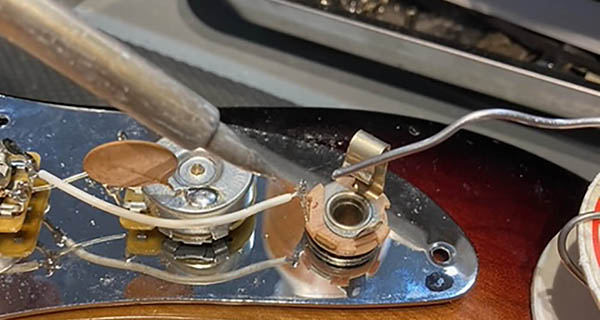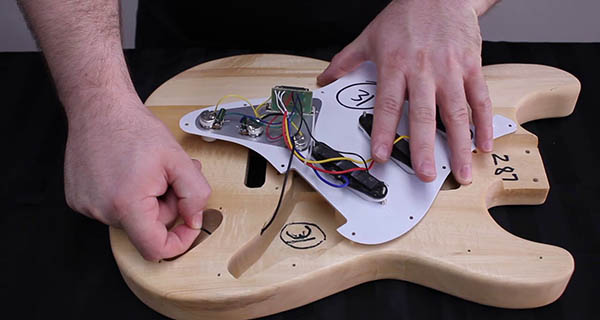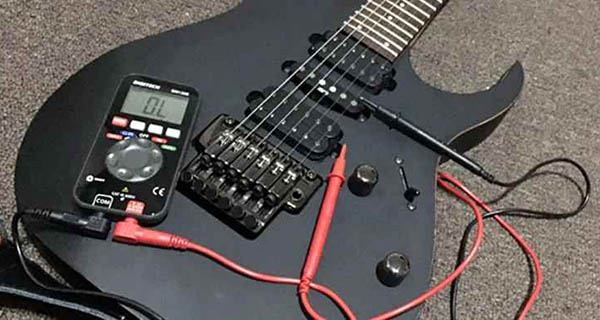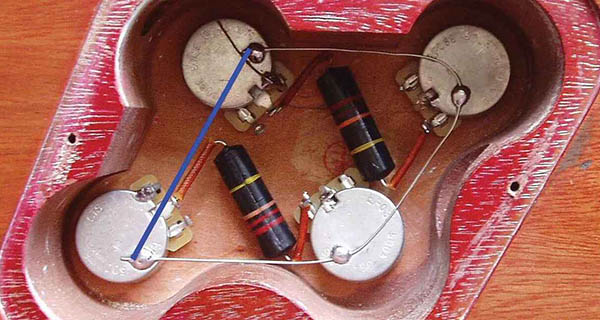Strat Grounding Issue [Reason & Fix the Problem]
One of the most common problems that guitarists may encounter is the dreaded “Strat grounding issue.” If you’ve ever experienced an annoying buzz, hum, or unwanted noise emanating from your Stratocaster, you’re likely dealing with a grounding issue. These problems can disrupt your playing, compromise tone quality, and diminish the joy of performing with this remarkable instrument.
Before we begin exploring the various causes of grounding issues and the effective remedies to address them, it’s crucial to understand the significance of proper grounding in an electric guitar. Grounding serves as the backbone of the instrument’s electrical system, providing a path for excess electrical charges to dissipate harmlessly into the ground.
Without efficient grounding, interference from external sources, electromagnetic fields, and other electrical noise can seep into the guitar’s signal chain, causing undesirable noise and disrupting the audio output.

In the sections that follow, we will uncover the common reasons behind Stratocaster grounding issues and provide comprehensive troubleshooting techniques. From diagnosing the problem to implementing precise solutions, this guide aims to empower you with the knowledge and skills needed to restore your Stratocaster’s pristine sound.
# Table of Contents =>
Understanding Grounding Issues:
Grounding issues in a Stratocaster occur when the electrical signal is not effectively directed to the ground, leading to unwanted noise. These problems often arise due to improper wiring, poorly soldered connections, or shielding deficiencies. Grounding issues can manifest as hum, buzz, or even total signal loss, significantly impacting the guitar’s performance.
Common Causes of Grounding Issues:
a) Poor Soldering:

Faulty soldering connections can cause ground paths to break, leading to increased noise levels. High-quality soldering and proper technique are essential for maintaining a reliable grounding system.
b) Bridge Grounding:
The bridge and tremolo system of a Stratocaster play a crucial role in grounding. If these components are not correctly grounded, noise issues may arise.
c) Shielding Problems:
Inadequate or deteriorated shielding inside the guitar’s control cavity can allow interference from external sources to affect the signal, leading to unwanted noise.
d) Potentiometer Issues:

Dirty or worn-out potentiometers can cause crackling noises and signal disruptions, affecting the overall grounding performance.
e) Pickup Grounding:

Loose or poorly connected pickup ground wires can result in hum and other noise-related problems.
Diagnosing Grounding Issues:
Before attempting any fixes, it’s essential to diagnose the specific grounding problem. To do this, follow these steps:
a) Isolate the Issue:
Use a process of elimination to determine if the grounding problem affects all pickups or only certain positions of the selector switch.
b) Check the Wiring:

Inspect the soldering joints and wiring for any loose or broken connections.
c) Shielding:
Assess the shielding inside the control cavity for any damages or gaps.
d) Test Potentiometers:
Rotate each potentiometer while monitoring for crackling noises.
Effective Solutions for Grounding Issues:
a) Proper Soldering:

Re-solder all connections in the control cavity and grounding system. Ensure a secure and clean solder joint for optimal conductivity.
b) Bridge Grounding:
If you suspect issues with bridge grounding, ensure that the bridge plate and claw are making proper contact with the guitar’s shielding.
c) Shielding the Control Cavity:
Line the control cavity and backplate with conductive copper or aluminum foil. It is creating a Faraday cage that shields the electronics from external interference.
d) Star Grounding:
Implement a star grounding system, where all ground connections meet at a single point. That is reducing the risk of ground loops and hum.
e) Replacing Potentiometers:
If you detect issues with potentiometers, consider replacing them with high-quality components to ensure smooth operation and minimal noise.
f) Pickup Grounding:

Check and tighten all pickup ground wires to ensure a solid connection.
Professional Help:
If you are not confident in your electronics and soldering skills, it is best to seek assistance from a professional guitar technician. They can diagnose and fix grounding issues efficiently, ensuring the optimal performance of your Stratocaster.
In the End, Strat Grounding issue is a common problem in electric guitars, including the legendary Fender Stratocaster. Understanding the causes behind these issues and employing effective solutions is essential to maintain a noise-free and enjoyable playing experience.
Last Updated on October 3, 2023 by Perry Garner


